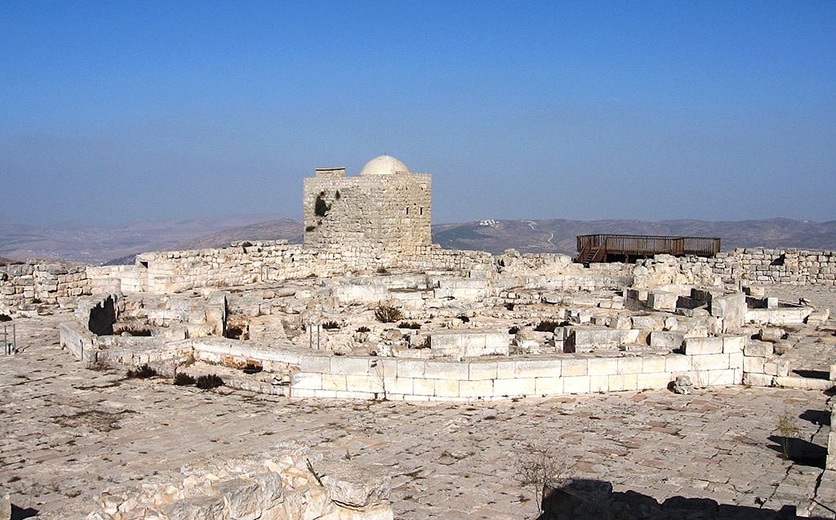Food taken at regular intervals, often in the presence of others. Ancient Israelites usually ate two meals a day, a light meal in late morning or at midday and a more substantial meal in the evening around sunset. In ancient Palestine the normal diet might include the following foods: bread, cooked or parched grain (wheat, barley, millet), wine, cheese and curds (primarily from goats’ milk), figs or fig cakes, grapes and raisins, dates, olives, wild honey, beans and lentils, melons, and cucumbers. Onions, leeks, and garlic supplied seasoning; olive oil was used for cooking. Poultry and eggs became common only relatively late in Israelite history. The NT indicates that fish was a common food in the first century. Except among the wealthy, meat was not part of the daily diet, but was reserved for special occasions such as feasts or sacrifices (Lev 7:11-18). The Torah emphatically distinguishes between living creatures that may be eaten and those that may not (Lev 11; Deut 14). The Torah also stresses that meat to be eaten must be entirely drained of blood (Deut 12:23; Gen 9:4; Lev 17:14). Sheep and goats were the main sources of meat, and the tail of the sheep was considered a special delicacy. Especially when accompanied by wine and the entertainment of music and dancing (Isa 5:12; Luke 15:22-25), meals were fitting occasions for celebration and rejoicing (Amos 8:10), and feasts often marked events of special significance, such as a sheep shearing (2Sam 13:23-28), a wedding (Judg 14:10), or the return of an absent family member (Luke 15:22-24). A meal could also be intensely symbolic when it was eaten in conjunction with the making of a covenant between persons (Gen 26:28-30; Gen 31:43-54) or between God and God’s people (Exod 24:9-11). In the Revelation to John believers are invited to “the marriage supper of the Lamb” (Rev 19:9), but at the “great supper of God” the birds of the air will feed on the flesh of the world’s kings, captains, and the mighty (John 19:17-18, Ezek 39:17-20). Several times in the Gospels, especially in Luke, a meal is the setting for important teachings of Jesus (Matt 9:10-13; Luke 7; Luke 11:37-52; Luke 14:1-24), and some of Jesus’s parables have to do with a festival or feasting (Matt 22:1-13; Luke 14:16-24; Luke 15:11-32; Matt 25:10; Luke 16:19-21). In describing meals that Jesus participated in, the Gospels state that he reclined (at table). This indicates that in the Palestine of Jesus’s day the Greco-Roman custom of reclining at formal meals had become widespread (Amos 6:4-6). Jesus’s table fellowship with his followers was an important feature of his ministry, and according to the Gospels his eating with “tax collectors and sinners” drew criticism from his detractors. Meals continued to be crucially important in early Christianity. The book of Acts describes the Christians in Jerusalem after Pentecost as breaking bread together in their homes and partaking of food “with glad and generous hearts” (Acts 2:46). The reference here may be to observance of the Lord’s Supper, referred to also in (1Cor 11:25).




